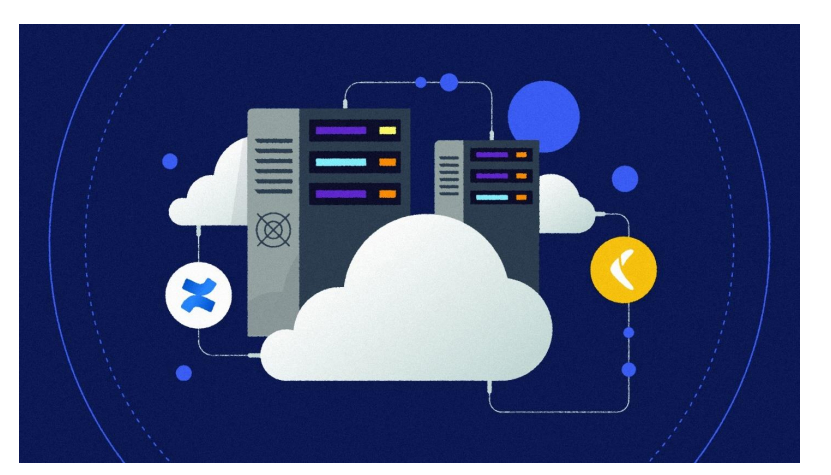Security Services
The Leading Security Services Provider with a Decade of Expertise.
Security measures for servers are crucial to safeguarding data, applications, and infrastructure from unauthorized access, data breaches, and other cyber threats.

Here are some essential security measures commonly implemented on servers:
- Firewalls: Firewalls are network security devices that monitor and control incoming and outgoing traffic based on predefined security rules. They help prevent unauthorized access to the server and protect against malicious attacks.
- Access Control: Implement strong access controls to limit who can access the server and what actions they can perform. This includes using strong, unique passwords, implementing multi-factor authentication (MFA).
- Access Control: Implement strong access controls to limit who can access the server and what actions they can perform. This includes using strong, unique passwords, implementing multi-factor authentication (MFA).
- Encryption:Encrypt sensitive data both at rest (stored on the server's disk) and in transit (during communication between the server and clients). This helps protect data from unauthorized access even if the server is compromised.
- Regular Updates and Patching:Keep server software, operating systems, and applications up to date with the latest security patches and updates. Vulnerabilities in software can be exploited by attackers, so timely patching is essential to mitigate risks.
- Intrusion Detection and Prevention Systems (IDPS):IDPS solutions monitor server activity for signs of suspicious behavior or known attack patterns. They can detect and respond to potential security threats in real-time, helping to prevent or mitigate attacks.
- Logging and Monitoring:Enable logging of server activities and establish a robust monitoring system to detect security incidents, unusual behavior, or unauthorized access attempts. Analyzing logs and monitoring metrics can help identify and respond to security threats promptly.
- Secure Configuration:Configure server settings securely according to best practices and industry standards. This includes disabling unnecessary services, enabling security features like SELinux or AppArmor, and following secure coding practices for applications running on the server.
- Backup and Disaster Recovery:Regularly back up server data and establish a disaster recovery plan to ensure business continuity in the event of data loss, system failures, or security breaches.
- Employee Training and Awareness:Educate employees and system administrators about security best practices, common threats, and how to recognize and respond to security incidents effectively.